Data Platform Consulting
Wherever you are on your data journey, we can help.
A boutique Australian IT consultancy for all your data consulting needs.
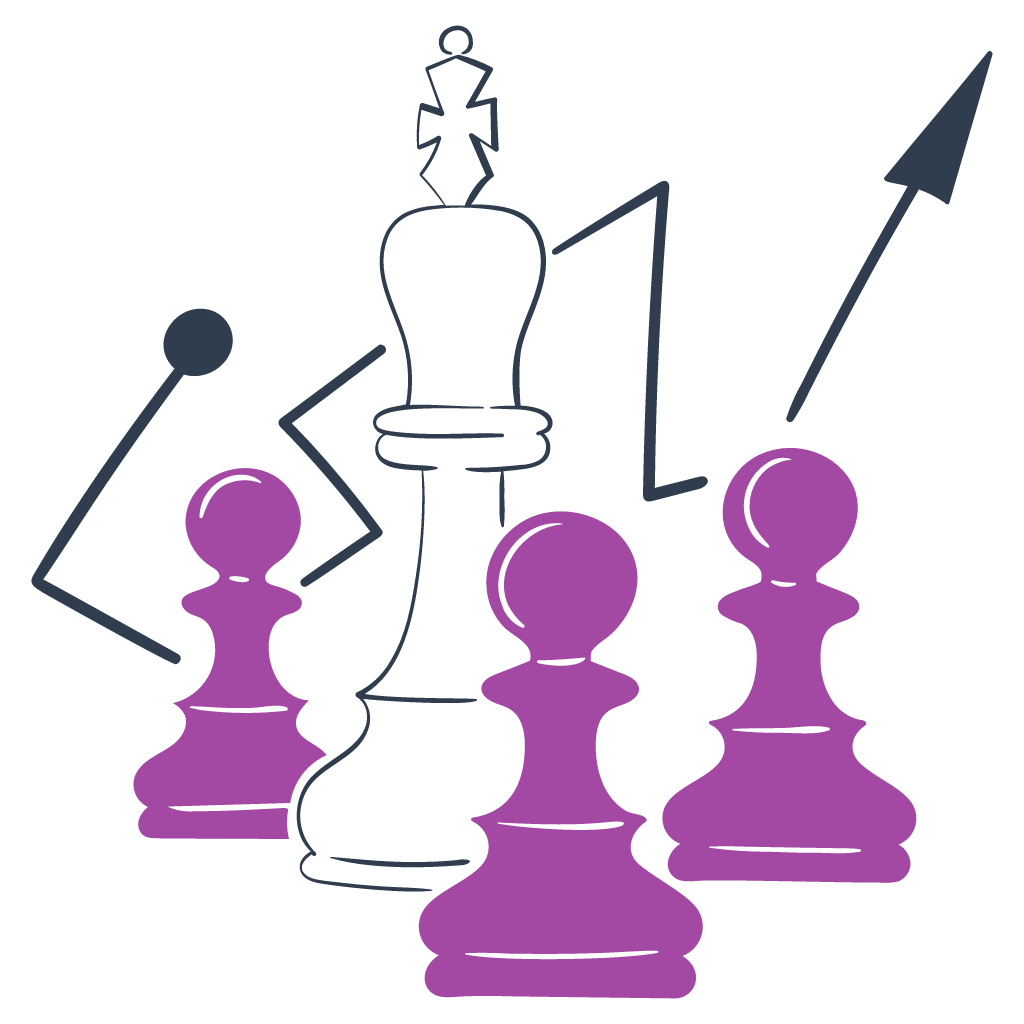
Data Strategy
Develop a comprehensive data strategy aligned with your business goals. Our team of experts will work with you to identify key data assets, define data governance policies, and create a roadmap for data management and utilisation.
Read More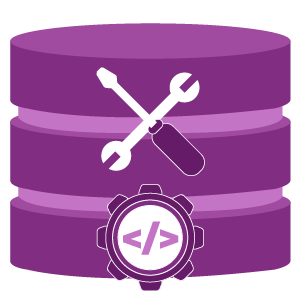
Data Engineering
Build and optimise your data infrastructure for maximum performance and scalability by helping you choose the right tool and technology for your business needs. This includes data architecture design, data integration, data warehousing, big data processing, and more.
Read More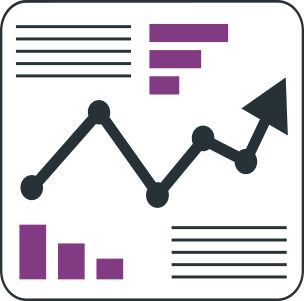
Data Analytics
Gain valuable insights from your data. We use advanced analytics tools and techniques to uncover hidden patterns and trends that can inform better business decisions. This includes data exploration, data preprocessing, data modelling & evaluation, visualisation, reporting, and more.
Read More
Machine Learning & AI
Anticipate future trends and outcomes based on your data. We use machine learning algorithms and models to make accurate predictions that can inform proactive business decisions. This includes time-series forecasting, anomaly detection, classification and regression modelling, and more.
Read More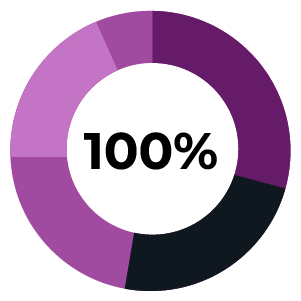
Data Visualisation
Communicate your data insights effectively through compelling visualisations. Our team of experts will work with you to design and develop interactive dashboards and reports that make it easy to understand and act on your data.
Read More
Data Governance
Ensure that your organisation has a well-defined strategy for managing data. Our team of experienced consultants will work with you to identify and assess risks associated with your data, develop policies and procedures for data management,and ensure compliance with relevant regulations.
Read More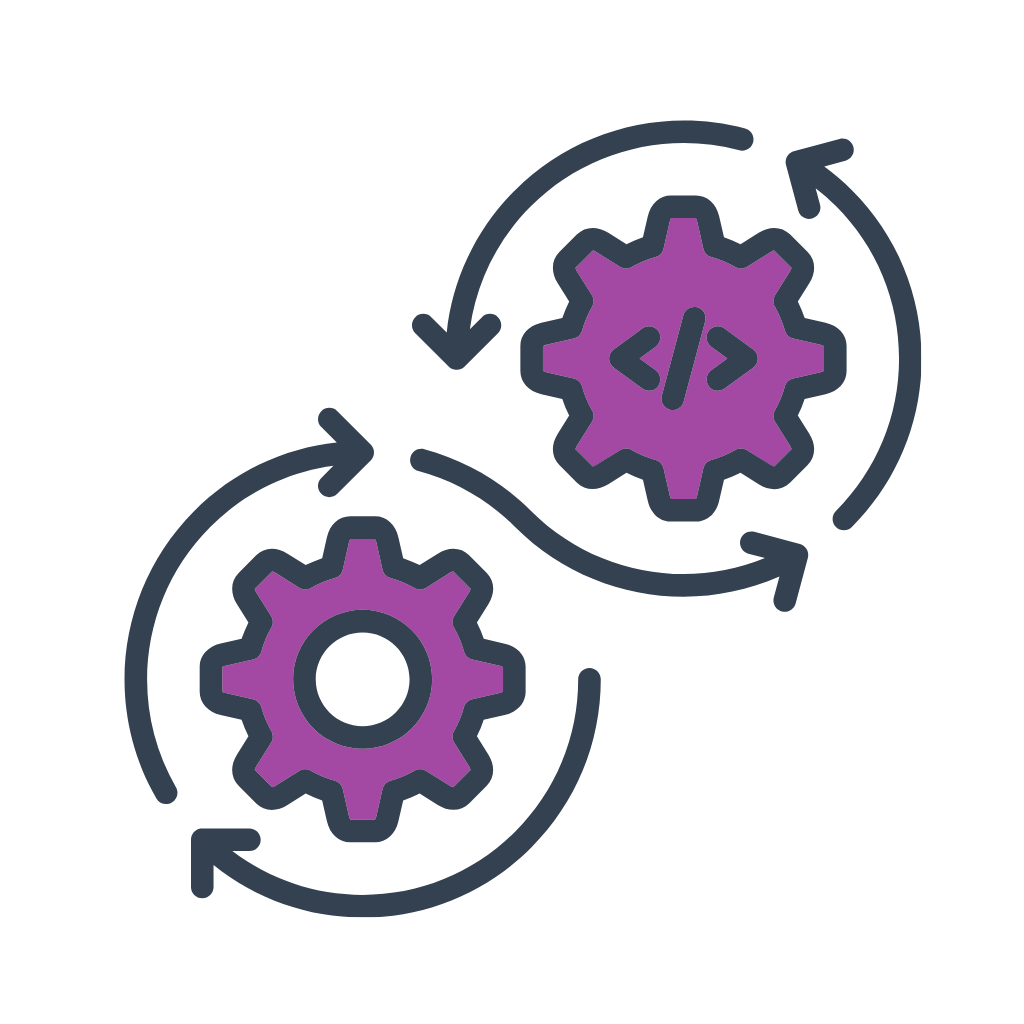
Data Ops
Implement best practices for data operations and management. We help you automate data workflows, monitor data quality, and ensure that your data is always available and accessible to those who need it.
Read More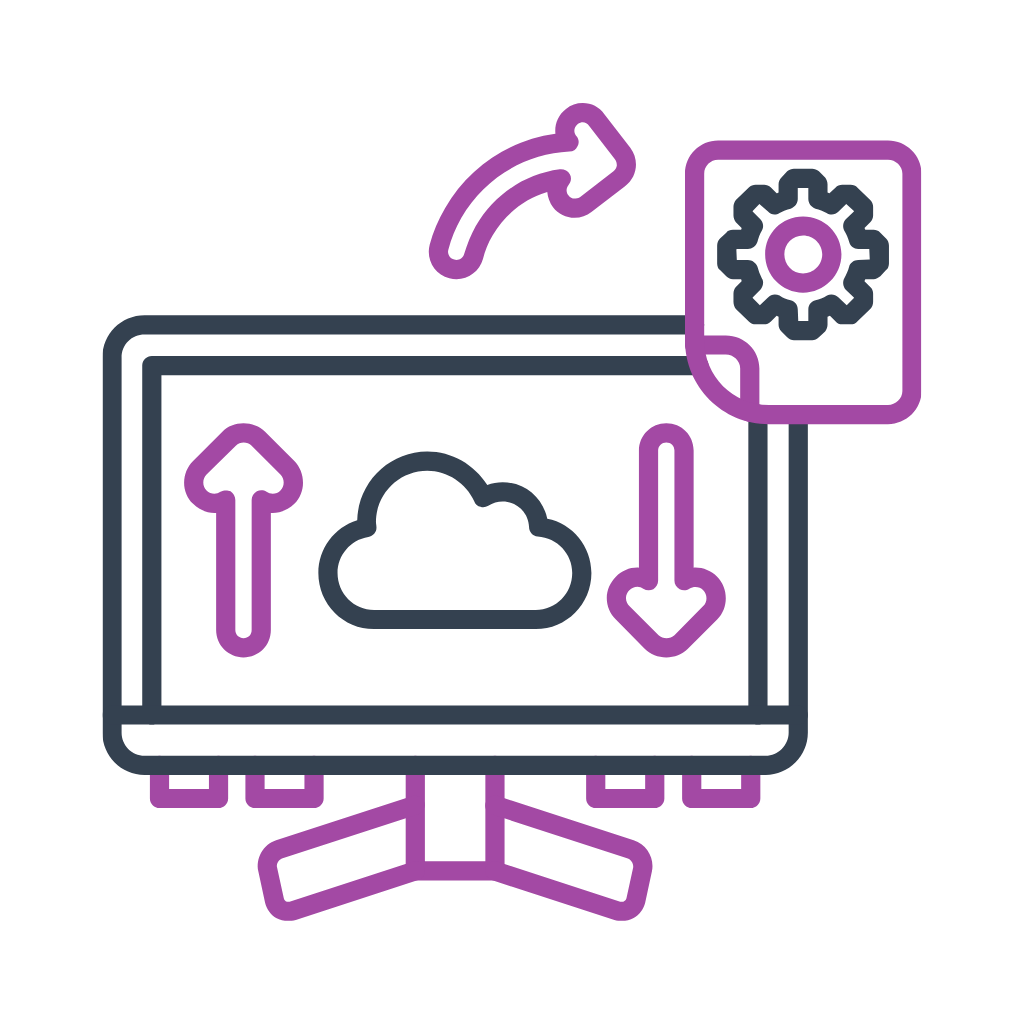
Data Migration
Seamlessly migrate your data from legacy systems to modern platforms. Our team of experts will work with you to plan and execute a successful data migration strategy, ensuring minimal disruption to your business operations.
Read More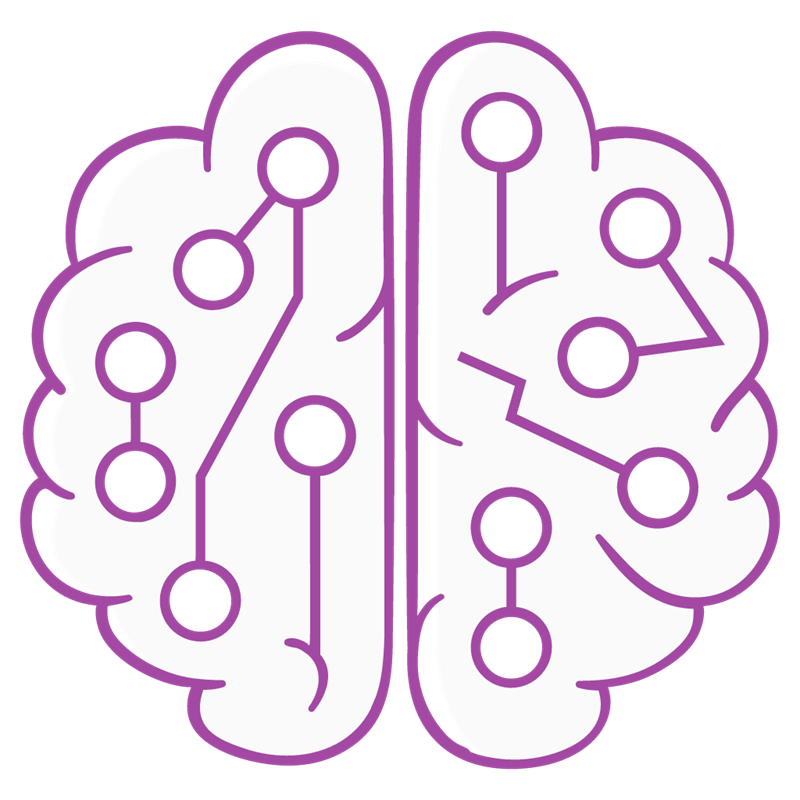
AI Agents
Leverage the power of AI agents to automate tasks, enhance decision-making, and improve customer experiences. Our team will help you design, develop, and deploy AI agents tailored to your specific business needs.
Read MoreFrequently Asked Questions
Data platform consulting refers to a service provided by consulting firms or experts specialising in helping organisations design, build, and optimise their data platforms. A data platform is a comprehensive and integrated solution that enables businesses to efficiently manage and leverage their data assets for various purposes, such as data analysis, business intelligence, reporting, and machine learning. Data platform consulting typically involves the following key aspects:
-
Needs Assessment: Consultants work closely with the organisation to understand their specific data-related challenges, business objectives, and data maturity level. They conduct a thorough assessment of existing data infrastructure, tools, and processes to identify areas of improvement and potential opportunities.
-
Strategy and Roadmap: Based on the needs assessment, data platform consultants help formulate a data strategy and create a roadmap for building or enhancing the data platform. This involves outlining the technologies, tools, and methodologies needed to achieve the organisation's data-related goals.
-
Architecture and Design: Data platform consultants design the architecture of the data platform, considering factors such as data storage, data integration, data processing, data security, and scalability. They choose appropriate technologies and frameworks to suit the organisation's specific requirements.
-
Data Integration: Consultants assist in integrating data from various sources, including databases, applications, APIs, IoT devices, and external data feeds, into a centralised data repository or data lake.
-
Data Transformation and Processing: Data platform consulting involves defining data transformation processes and data pipelines to clean, validate, and preprocess data for analysis and modeling.
-
Data Governance and Security: Consultants establish data governance policies and security measures to ensure data privacy, compliance with regulations, and protection against unauthorised access or data breaches.
-
Analytics and Reporting: Data platform consulting may include setting up data visualisation tools and creating interactive dashboards and reports for business users to access insights from the data.
-
Performance Optimisation: Consultants work on optimising the data platform's performance, ensuring efficient data retrieval, processing, and storage to support real-time or near-real-time data analytics.
-
Training and Support: Data platform consulting often includes providing training to the organisation's staff to effectively use and manage the data platform. Consultants may also offer ongoing support and maintenance services.
The goal of data platform consulting is to empower organisations with a well-structured and efficient data platform that enables them to make data-driven decisions, derive actionable insights, and gain a competitive advantage in their industry. By leveraging the expertise of data platform consultants, businesses can overcome data challenges, improve data quality, and fully harness the potential of their data assets. Our team at DATA LEAGUE are qualified experts at data platform consulting. Let us help you gain a competitive advantage in your industry. Let's talk.
In today's data-driven world, organisations rely on a well-structured data lifecycle to leverage data effectively and gain valuable insights. From the initial data strategy formulation to implementing advanced AI and machine learning algorithms, each stage plays a crucial role in extracting maximum value from data. In this article, we will explore the key components of the data lifecycle, including Data Strategy, Data Engineering, Data Analytics, Data Visualisation, Data Governance, Machine Learning, and Artificial Intelligence.
-
Data Strategy: The data lifecycle begins with Data Strategy, where organisations define their overarching goals and objectives related to data. This phase involves understanding the business needs, identifying data sources, and determining the data's potential impact on decision-making. Creating a robust data strategy lays the foundation for the subsequent stages, ensuring that data efforts are aligned with the organisation's mission and vision.
-
Data Engineering: Data Engineering forms the backbone of the data lifecycle, focusing on the technical aspects of data management. During this phase, data engineers design and build data pipelines, data warehouses, and data lakes. They ensure data ingestion, storage, and transformation processes are efficient and scalable. By integrating diverse data sources, data engineering enables organisations to maintain a centralised and reliable data infrastructure, empowering downstream analytics and AI applications.
-
Data Analytics: Data Analytics is a crucial stage in the data lifecycle, where data is transformed into meaningful insights. Data analysts and data scientists leverage statistical and analytical techniques to explore, clean, and analyse data. Through descriptive, diagnostic, predictive, and prescriptive analytics, organisations gain valuable insights into historical performance, identify patterns, and make data-driven decisions. Data analytics enables businesses to uncover opportunities and address challenges effectively.
-
Data Visualisation: Data Visualisation plays a pivotal role in making complex data understandable and actionable. During this stage, data analysts and data visualisation experts use charts, graphs, dashboards, and interactive visual representations to present insights in a visually appealing manner. Visualisations facilitate effective communication of complex findings to stakeholders, aiding in quicker decision-making and enhancing data-driven understanding across the organisation.
-
Data Governance: Data Governance is the framework that ensures data quality, security, and compliance throughout the data lifecycle. It involves defining data policies, roles, and responsibilities, as well as establishing data standards and data access controls. Data Governance ensures data accuracy, privacy, and security, fostering trust in the data and supporting regulatory compliance. It also helps in managing data risks and maintaining data integrity across the organisation.
-
Machine Learning and AI: As the data lifecycle progresses, organisations can leverage Machine Learning and Artificial Intelligence to gain deeper insights and predictive capabilities. Machine Learning algorithms analyse historical data to identify patterns and trends, enabling predictive modeling. AI-powered solutions can automate processes, enhance personalisation, and optimise decision-making. From recommendation systems to predictive maintenance, AI-driven insights unlock valuable opportunities for organisations.
The data lifecycle is a continuous and iterative process that empowers organisations to unlock the full potential of their data assets. From formulating a data strategy to applying advanced AI and machine learning techniques, each stage contributes to a deeper understanding of data, driving informed decision-making and fostering innovation. By leveraging the power of data engineering, analytics, visualisation, governance, and AI-driven insights, businesses can thrive in a data-centric landscape, gaining a competitive edge in today's dynamic markets.
Speak to a Data Platform Expert
At DATA LEAGUE, we take a contrarian approach to our work, challenging conventional thinking to drive innovation and deliver better results for our clients.
Contact us today to learn more about how our Data Platform Consulting services can help your organisation achieve its business objectives.

